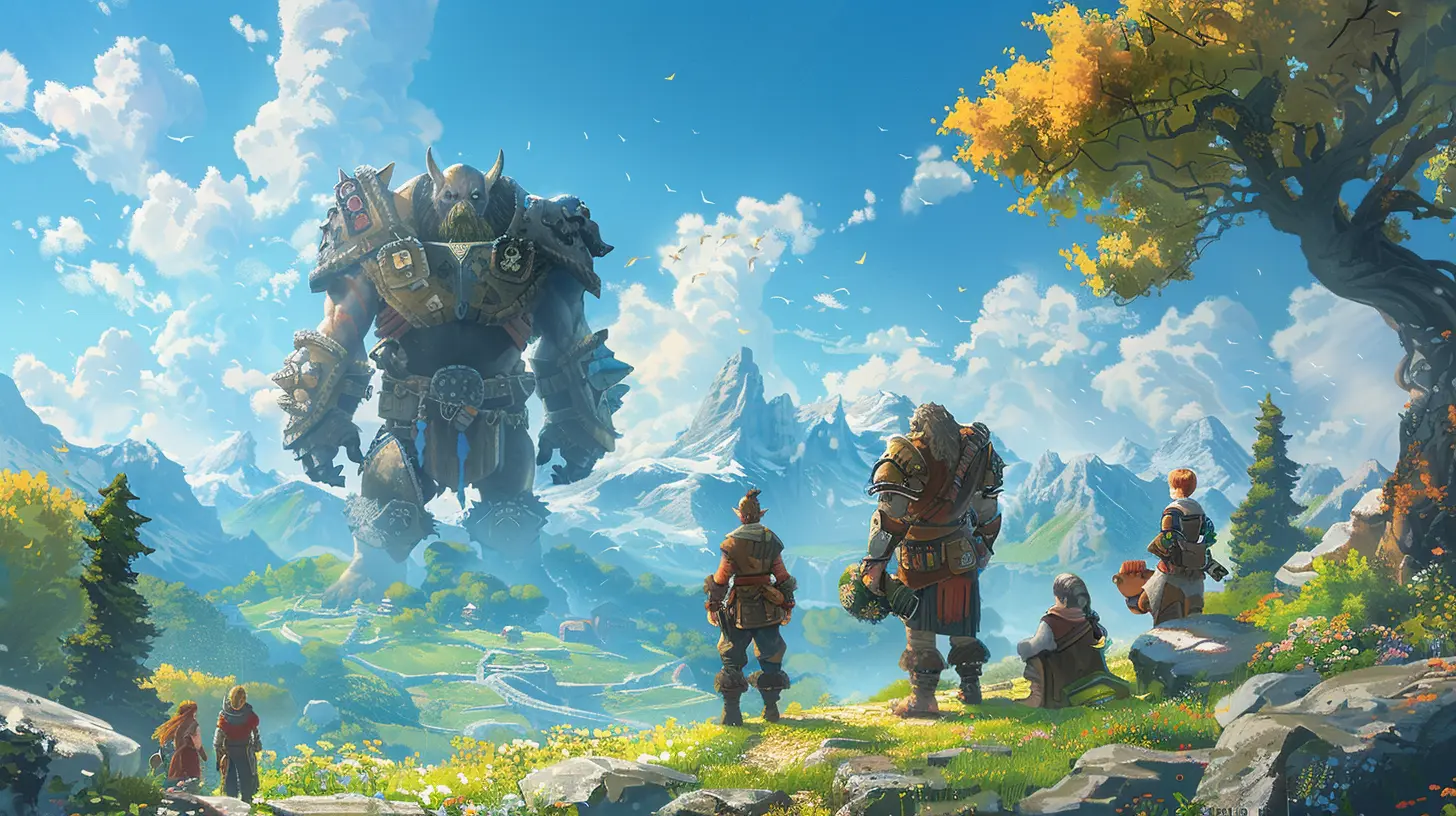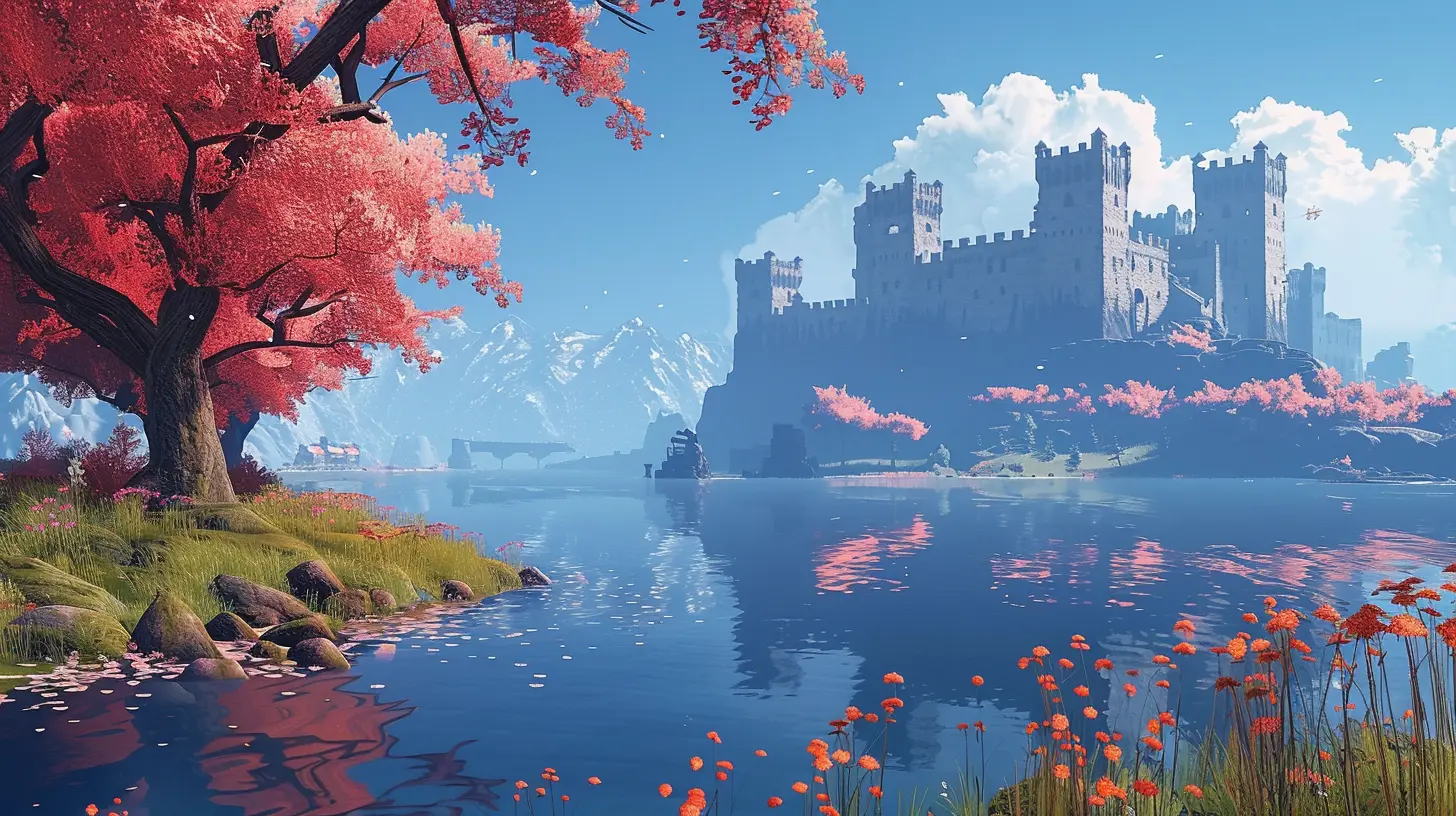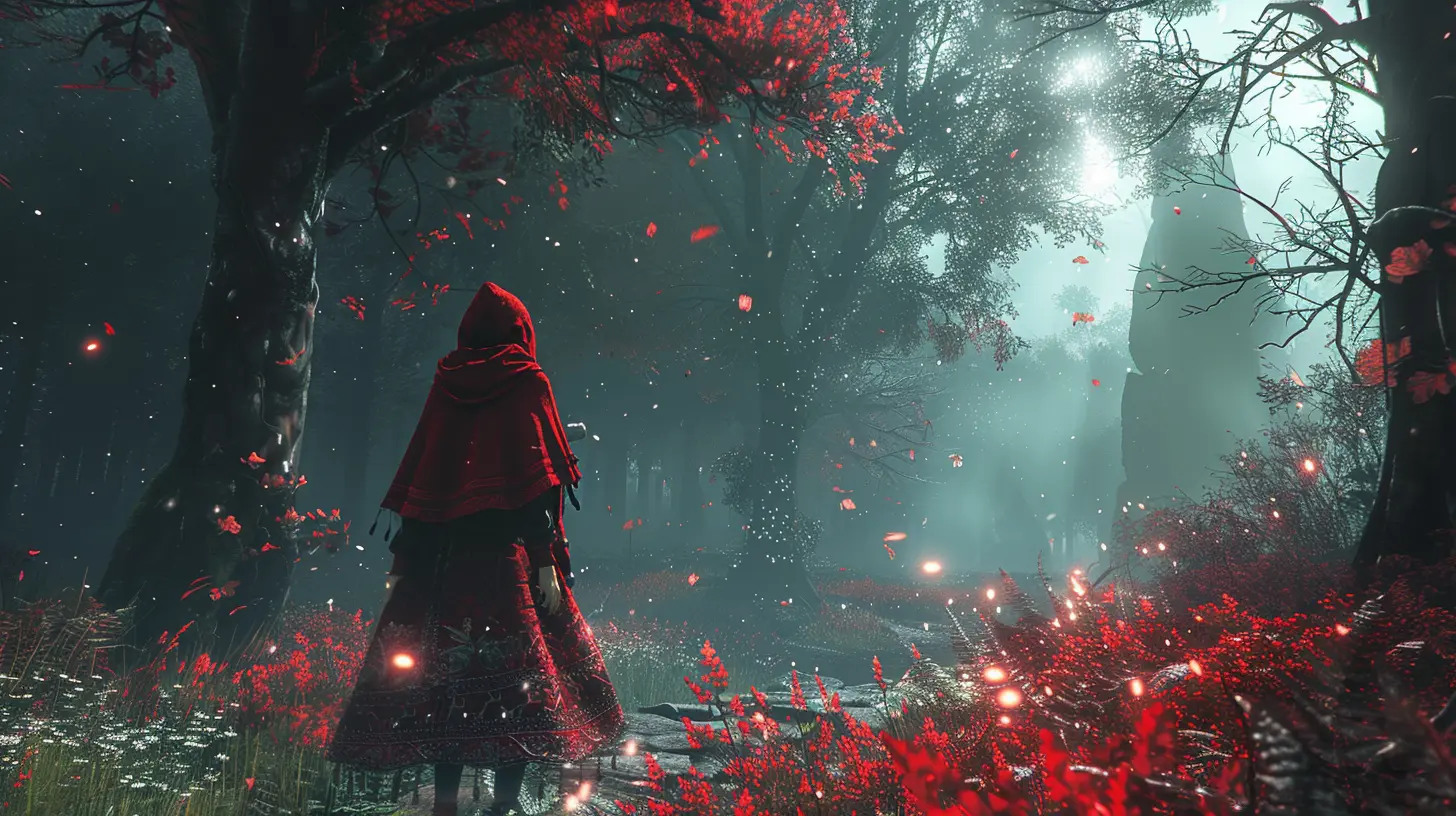What Developers Wish You Knew About Funding Their Early Access Games
15 August 2025
Let’s be honest—Early Access games are a bit like getting a backstage pass to your favorite band's rehearsal. It's not the polished concert, but you’re right there in the messy, exciting middle where magic is being made. But here’s the thing: while you’re in it for the ride, game developers are pouring their heart, soul, and savings into making sure that ride doesn’t crash and burn.
So, before you toss a few bucks at that cool-looking Early Access title or drop a negative review because it's buggy (spoiler: it probably will be), let’s talk about what developers really wish you understood about funding their Early Access games.

What Is Early Access, Really?
If you're new here, Early Access is when a developer releases a work-in-progress version of a game to the public. You're essentially buying a ticket to see the sausage being made. Can it be messy? Oh, absolutely. But it’s also a way to support games you believe in during their most fragile phase.
Why Developers Choose Early Access
You might wonder, “Why not wait until the game’s finished?” Great question. Here’s why:- Funding is hard to come by: Indie devs don’t have million-dollar publishers backing them. Early Access sales might literally be their only budget.
- Real feedback from real gamers: Hearing from players helps shape the game in ways internal playtests simply can’t.
- Build hype and community early: Early supporters often become the game’s biggest champions.
So yeah, Early Access isn’t a cash grab. It’s a lifeline.

The Financial Reality Behind Early Access Development
The Myth of Swimming in Cash
Let’s bust this myth real quick: most indie devs aren’t rolling in money. That $20 you paid? It doesn’t go straight to a giant Scrooge McDuck vault.By the time a game hits Early Access, most teams have already poured months—or even years—into development. They’ve likely burned through savings, taken out loans, or drained credit cards just to get the first build out.
Your purchase isn’t just appreciated. It's vital.
Every Dollar Counts
When you fund an Early Access game, you’re not paying for what the game is now—you’re investing in what it could become.Think of it like Kickstarter, minus the stretch goals and branded hoodies. That $15? It might fund a music composer or let the team hire a much-needed QA tester. The margin is razor-thin.
Surprise! Game Dev Costs More Than You Think
Here’s a rough idea of what a small indie team might be paying monthly:- Unity or Unreal Engine licenses
- Server hosting costs
- Asset store purchases
- Music and sound design
- Marketing (yes, even tweeting takes planning)
- Food and rent (because… humans)
That Early Access money helps keep the lights on—literally.

Development Timelines Aren’t Set in Stone
“Why Is This Taking So Long?”
Because making games is hard. Like, really hard.Ever tried baking a cake while someone’s constantly changing the recipe, measuring your ingredients, and yelling “this cake sucks” before it’s even out of the oven?
Welcome to game development.
Even with a roadmap, unexpected challenges pop up—bugs that refuse to die, systems that don’t work together, engine updates that break everything. And don’t forget: most indie teams are tiny. We’re talking two to five people, tops.
Roadmaps Are Aspirational, Not Contracts
Developers usually share roadmaps to keep players informed, not to set deadlines in stone. Think of them more as “here’s where we’re headed” guides. If something is delayed, it’s not laziness—it’s likely to make sure it doesn’t break the rest of the game.Patience is not just a virtue in Early Access. It's a necessity.
The Emotional Toll of Development
Feedback Is a Double-Edged Sword
Constructive criticism? Gold. Angry rants? Not so much.Developers crave feedback—but it’s gotta be helpful. Saying “this sucks” doesn’t do anything. But “I wish the combat felt snappier, maybe add some feedback on hits?”—now that’s something actionable.
Remember, there are real people behind the screen, working long nights and weekends trying to bring you something awesome. Be kind.
Burnout Is Real
It’s not uncommon for devs to work 70+ hour weeks, especially leading up to a new update or launch. Add social media pressure, community expectation, and the occasional troll, and you've got a recipe for burnout.You’re not just funding development—you’re helping devs stay sane and inspired.
The Power of Community Support
You’re Part of the Dev Team (Kind Of)
When you buy an Early Access game and actively participate in the feedback loop, you become part of that game’s journey. You’re helping to shape the final product.Post on forums. Report bugs politely. Share what you love. Think of it like being a backstage crew member at a theater production. Your support helps make the show better.
Word of Mouth Matters
For indie games in Early Access, marketing budgets are often nonexistent. Your tweet, stream, or Steam review could be the reason dozens of other people check out the game.Love a game? Yell about it online. It helps more than you know.
What Developers Secretly Wish You Knew (But Are Too Polite to Say)
Let’s cut to the chase. Here’s what many devs are thinking but can’t always say out loud:“We’re Not AAA”
If you’re expecting Red Dead Redemption-level polish from a two-person team still learning Unity—let’s adjust those expectations.Be excited, be hopeful—but be realistic.
“We Read Everything, Even If We Don’t Reply”
Yes, even that three-paragraph Reddit post you thought nobody saw. Devs are always lurking, taking notes, and making changes based on your feedback. Just because they’re quiet doesn’t mean they’re not listening.“Please Leave a Review”
Even a short “This game has potential” on Steam can be a game-changer. It boosts visibility, improves rankings, and gives other players the nudge to jump in.“Refunds Hurt Our Hearts (and Wallets)”
Sometimes refunds are fair—things crash, features don’t work, or it’s just not your cup of tea. But refunding after 1.9 hours and leaving a salty review without even engaging with the devs? That stings.
Tips for Being an Awesome Early Access Supporter
Want to make a developer’s day? Here’s how:- Leave constructive feedback
- Report bugs through the right channels
- Be patient between updates
- Join the game’s Discord and get involved
- Share the game with friends
- Leave a positive (or at least fair) review
- Understand the difference between criticism and cruelty
Your support can fuel not just a game—but someone's dream.
The Future of Early Access
Early Access isn’t perfect. Some games never leave it. Some devs disappear. But many others create absolute masterpieces thanks to your belief, support, and funding.Games like Hades, Subnautica, and Dead Cells? They all started in Early Access. Look where they are now.
So the next time you’re browsing Steam and see a nifty little pixel art roguelike tagged "Early Access," remember—you’re not just buying a game. You’re helping build one.
Final Thoughts
Being part of an Early Access game is like being on the ground floor of something great. It comes with risks, sure, but also rewards and an opportunity to say “I was there before it blew up.”Developers aren’t asking for blind loyalty. Just a little understanding. They’re not corporations—they’re people doing what they love and hoping someone out there loves it, too.
So yeah, maybe that sword animation’s a little janky right now. But give it time, give your feedback, and give them a chance—and you might just help craft the next indie legend.
all images in this post were generated using AI tools
Category:
Early Access GamesAuthor:

Francesca West
Discussion
rate this article
2 comments
Gideon Gray
Understanding funding challenges can foster better player-developer relationships and support more innovative Early Access games.
February 14, 2026 at 4:03 PM
Whitney McLaury
Funding an Early Access game is no charity—it's an investment. Support developers who are bold enough to take risks. Your backing fuels innovation and shapes the future of gaming.
August 19, 2025 at 3:36 PM

Francesca West
Absolutely! Supporting Early Access games not only fosters creativity but also directly impacts the industry's future. Your investment drives innovation and empowers developers to take bold risks.


